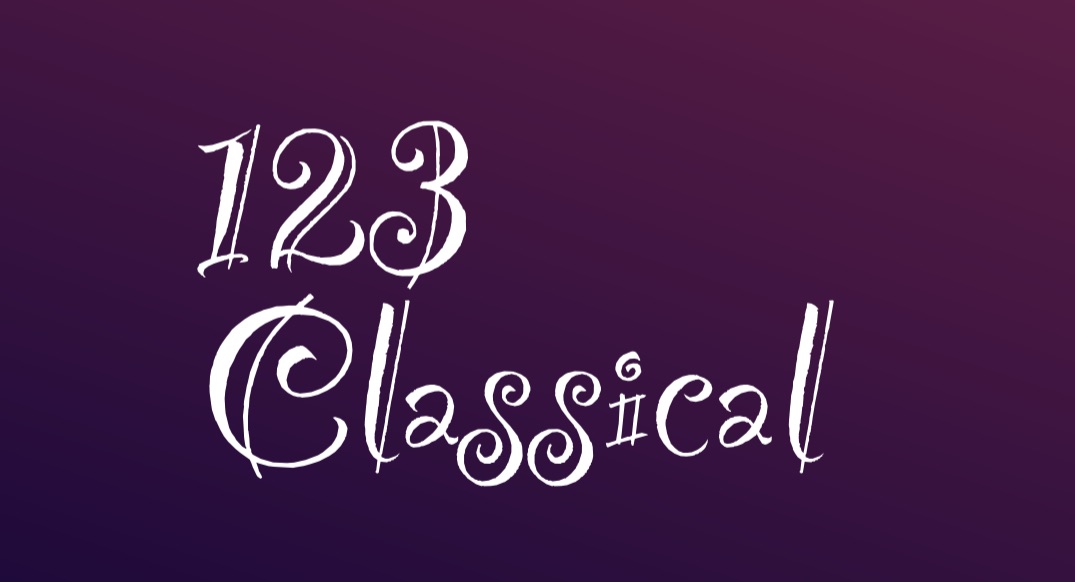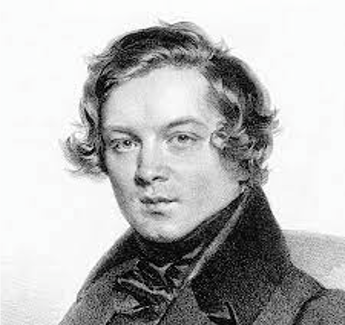


Schumann is regarded as one of the most important composers of the romantic period but also equally important music commentator, journalist and essayist. His most famous works are his "Piano Concerto", "Carnaval", "Symphony No3" and "Dichterliebe"(a Poet's love).
Brought up in a literary family (his father was a novelist), his early passion was to become a poet. He was 10 when he began his piano lessons, and then his enthusiasm for music came to match his love for literature, but he was discouraged by his family to follow a music career and was urged to study law. He finally enrolled in the university as a law student to receive his father's inheritance, as this was set as a condition in the will, but soon became a piano student of Friedrich Wieck (whose daughter Clara, a virtuoso pianist, he eventually married) and opted out of law.
He fought with his teacher over his training and his relationship with Clara and as a result he started suffering from recurring depression episodes. As a result of a weakness in his right hand (most probably due to his improper piano practicing), he had to abandon his dream of becoming a virtuoso pianist so he became a music critic and developed on to a very competent composer. He also co-founded one of the most important for that period musical publications and wrote many articles himself.
His life and work were influenced by 2 opposite forces: his love for Clara and his mental disorder. His marriage with Clara, which happened following a lawsuit they both filed against her father who opposed to this marriage, became a source of inspiration for him. He was however suffering from bipolar disorder and delusional ideas of being poisoned or threatened with metallic items. After a suicide attempt, he was admitted in a mental asylum, where he was diagnosed with psychotic melancholia and died shortly afterwards.